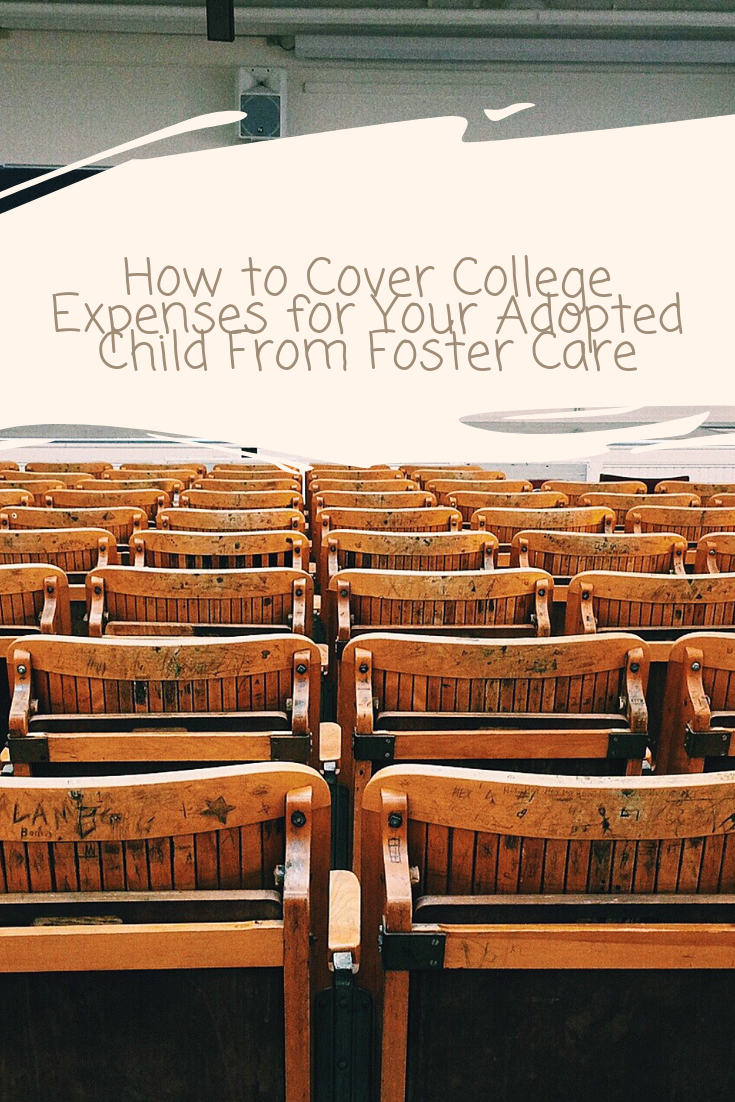
Federal Programs
Free Application for Federal Student Aid (FASFA) is one the federal programs that was established in the year 2009 to provide financial aid to any child that was adopted from foster care with an age of 13 years and above. Such children are considered to be independent students who do not rely on family income and therefore qualifies for this financial aid. Education and Training Voucher (ETV) is another federal program that provides financial assistance of about $5000 per annum to every child who was adopted at the age of 16 and above from foster care. This aid is provided from federal funds in different states to children who are in colleges or at any accredited technical training program. Their adoptive parents should do their homework by helping their children apply for these programs. It will become easy to pay for their higher education.
Scholarship Programs
Every state has its own way of establishing and managing scholarship programs, and you will find that some might consider the income of the family while others will not. This means that if you are an adoptive parent who has moved from one state to another, you must get to understand how scholarship programs are handled and administered in your new state to avoid having your child miss the scholarship. Rusty Tweed, a renowned economics blogger, has gone on his ways to provide you with a list of few scholarship programs in different states.
• Delaware: Here, you will find scholarship programs that are available for any child who has been to foster care. During the evaluation of applications, the income of the family is one of the considerations.
• Columbia: Any child who was adopted from the foster care system in the District of Columbia is entitled to scholarships for vocational training and colleges since the year 2000.
• Illinois: Scholarships for children from foster care in Illinois are usually administered by the Department of Child and Family services as long they were adopted from the DFS’s custody and placed to subsidized guardianship.
• New Jersey: In New Jersey, youths adopted from foster care at the age of 12 years and above are eligible for college scholarship programs. The adoptive parents should look for Foster and Adoptive Services in the state to access these scholarships.
• Oklahoma: Oklahoma’s way of administering scholarship programs is very different from other states because it is more based on the behavior and achievement of your child. For instance, if your child enrolls for the Oklahoma Higher Education Access Program (OHLAP) in their 8th, 9th and 10th grade, maintain a score of 2.5 GPA and be well behaved, his tuition in any public college or university will be fully covered. In doing this, they also consider family income except for foster youths whose family income doesn’t matter.
These are few examples of states whereby scholarship programs have been helping children adopted from foster care to get educated through college, vocational training and universities. Every state offers scholarship programs, and you must know where and when to apply for one.
Tuition Waivers Programs
Tuition waivers are programs that have been supporting most children adopted from foster care through college education by waiving their tuition. Some of the states that provide tuition waivers include Florida, Kentucky, Connecticut, Maryland, Maine, Texas, Virginia and Massachusetts among others. Rusty Tweed says that, as an adoptive parent, you need to contact educational institutions directly to know more of all programs that are available for your adopted child.
